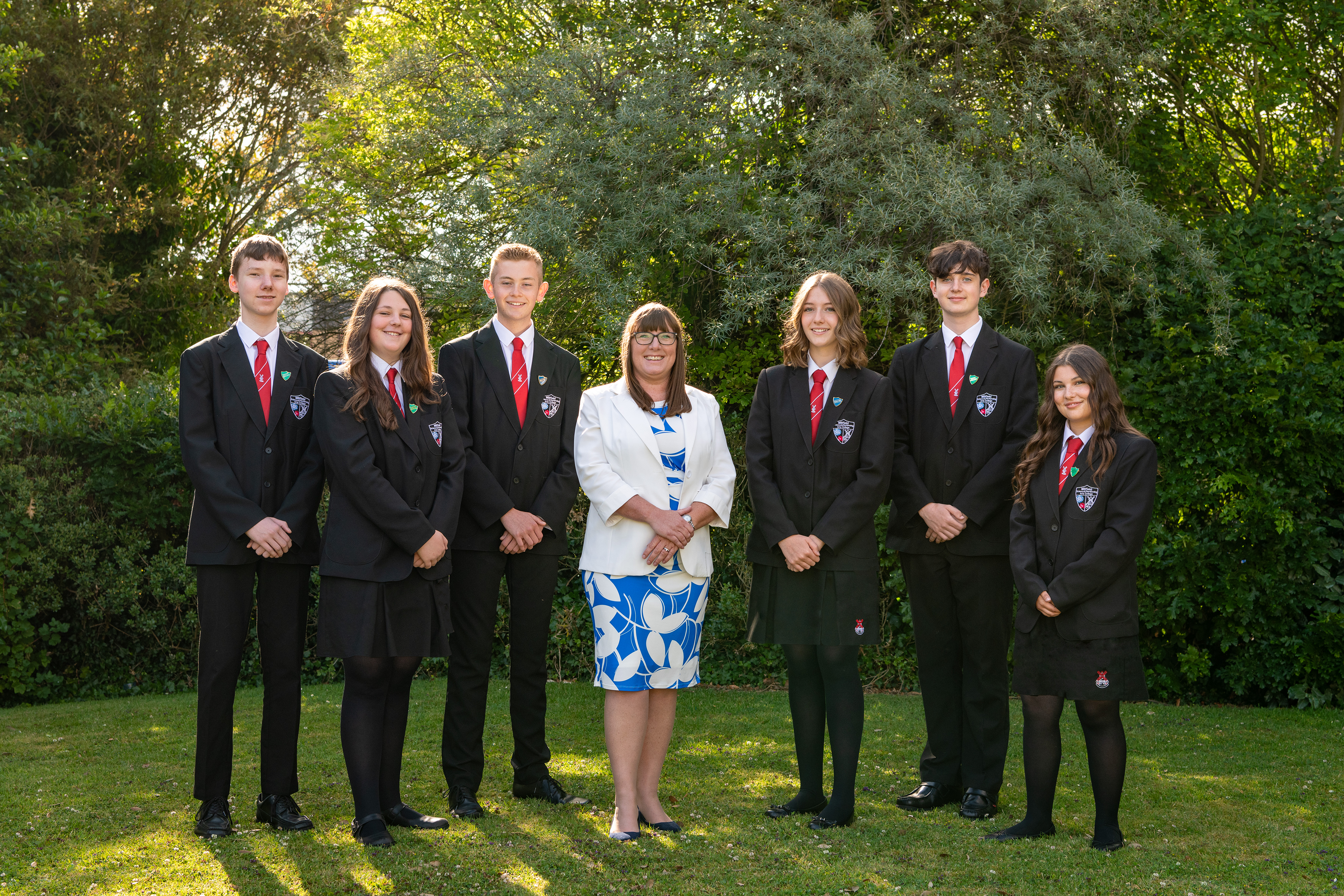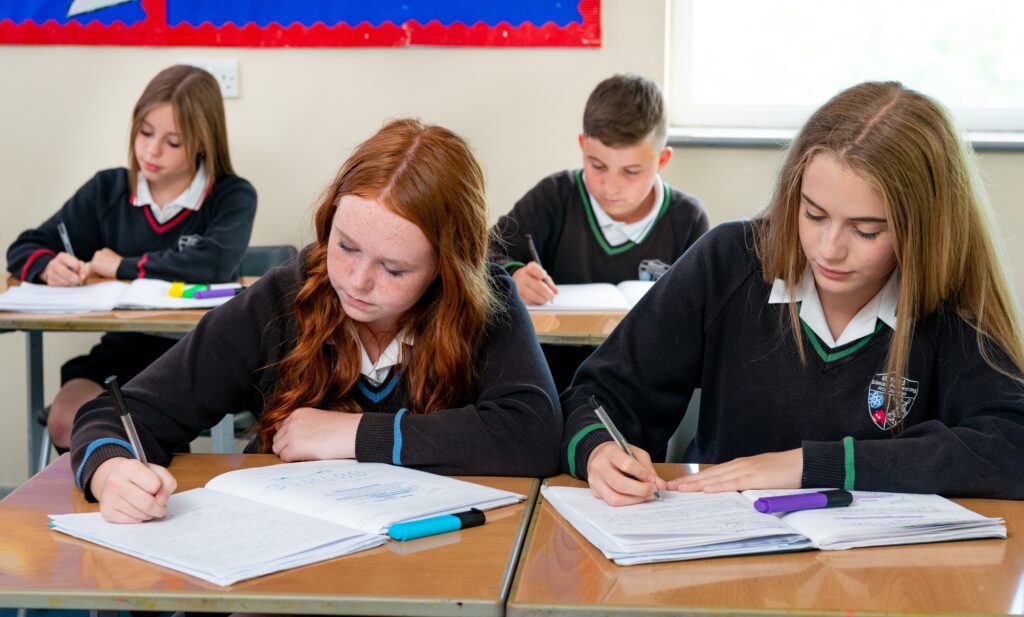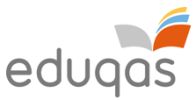



Religious Studies


The purpose of the religious education curriculum is to explore religious and non-religious world views to help pupils understand the complex world around them. This in turn will allow them to become free thinking, academically informed members of society. By exploring concepts, and not just knowledge, within and across both religious and non-religious belief, students learn to understand and respect different world views and their influence on our global landscape.
In Key Stage 2 students will have been introduced to a wide variety of religions. We continue to build on this knowledge of the six major world religions, along with others, by revisiting areas already discovered. We also take a deeper dive into the meaning, importance, and impact of religion on our world. We do this by building upon students’ ability to identify, describe and explain the magic and mystery of religion they have studied so far.
“Books serve to show a man that those original thoughts of his aren’t very new after all.” - Abraham Lincoln
In Key Stage 3, students will go right back to the fundamentals of religion. Students start by analysing what a religion is, looking at core elements, shared beliefs, and individual practices within the Abrahamic faiths, before looking in-depth at the central beliefs within the dharmic faiths. It is from here that students build upon this knowledge by exploring engaging ethical questions such as: ‘Is it right to fight?’, ‘Are religions represented fairly in the media?’ and ‘How should we treat our world and why?’. By revisiting core principles in various scenarios students gain a clear and well-rounded picture of the complex nature of religious belief in our world.
At Key Stage 4 students have the option to continue studying religion as a GCSE or continue to educate themselves about religious beliefs in our world through their core RE lessons.
Students who opt to take the Eduqas GCSE Religious Studies course at Millfield will have the opportunity to study contemporary moral issues such as relationships, abortion, and human rights, alongside an in-depth study of Christian and Islamic faiths. They will discover what religions teach about these issues, where these views come from and how they impact people today. Pupils will also develop personal views on these issues by questioning where their views come from, learning from others and challenging other people’s perspectives. Studying this course will not only have a positive impact on pupils but will also have a positive impact on their future.
Students who do not choose to study GCSE RS continue to educate themselves about global religious belief in our world in their core RE lessons and continue to apply core religious beliefs to ethical and philosophical debates about key issues that may impact their life. There is also a dedicated philosophy unit that supports students who wish to undertake RPE at local Sixth form colleges.
In accordance with the School Standards and Framework Act 1998, parents do have the right to withdraw their children from religious education. Parents wishing to do so should put this request in writing to the Head of Department.

